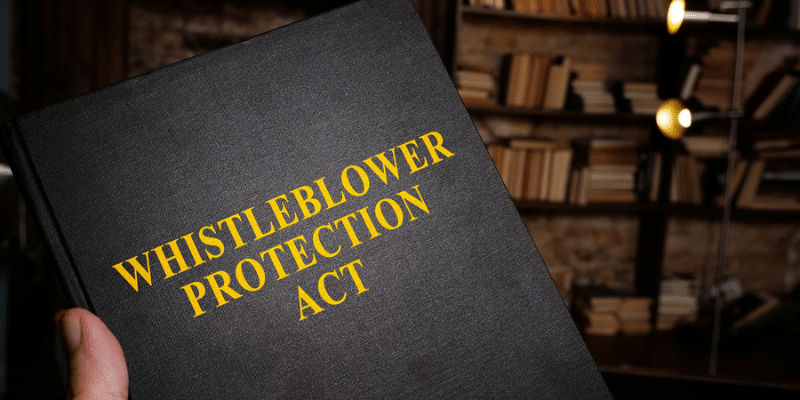
We know that a dismissal will be automatically unfair if the sole or principal reason for it was that the employee or worker had made a protected disclosure (section 103A of the Employment Rights Act 1996)
A protected disclosure is one, made to an appropriate person ”(which is defined by law)” which concerns wrongdoing of a specific type in the workplace. The types of potentially unlawful conduct include: breach of a legal obligation, a risk to someone’s health and safety or a risk to the environment.
It follows that a dismissal will not be automatically unfair if the decision maker was not aware of the protected disclosure and dismissed the employee for a completely different reason.
In Nicol v World Travel and Tourism Council & Ors, the situation was slightly different. A tribunal found that the dismissing manager was aware that Mr Nicol had raised concerns but was unaware of the detail. The employer argued the true reason for the dismissal was redundancy.
The key takeaway from this case is that it will not be an automatically unfair dismissal if the decision maker knew nothing of the detail of the concerns raised by the whistleblower. This decision makes sense because whistleblower protection is not meant to apply unless the decision maker was influenced entirely or mainly by the specific detail of the concern raised.
In contrast, the case Royal Mail Group Ltd v Jhuti is a Supreme Court authority for the proposition that whistleblower protection may apply if the fact a protected disclosure is the true reason for the employer’s action is hidden from the ultimate decision maker.
This blog was written by Ben Lindsay, Solicitor at didlaw.
